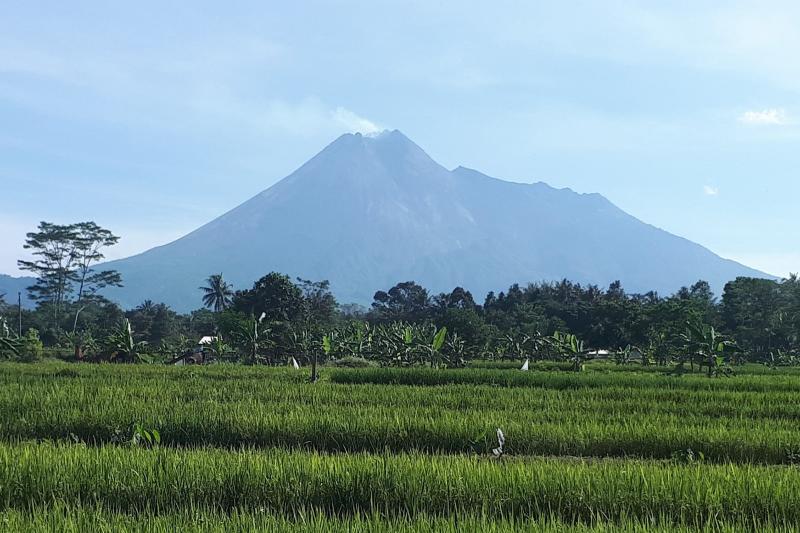Studying system's behaviour and designing interventions for system's change.
We know that many problems in soft systems that are the most difficult to solve, e.g., transition to Net Zero and sustainable development more broadly are rooted in behaviour. Traditionally, the assumption was that if the conditions are right, the behaviour would adjust, however, in messy and wicked problems, such as the context of climate change, if behavioural change is left to the market to solve, it will be too late. To help us design better interventions for accelerated behavioural change, we focus on analysing systems, their structure, boundaries and behaviour, and identifying key pressure points. We also focus understanding why individuals and organisations behave as they do, and investigating why and how gamification works as an intervention, e.g., through longitudinal studies of the impact of interventions, so as to help individuals, organisations and society accelerate transition to sustainable development through better interventions.

Gamifying evacuation training for volcanic eruptions in Merapi
This project aims at developing a new training programme in a form of a game that will be more engaging.

COVID-19 and Indigenous communities in Colombia
This project aimed to estimate the diagnosis and seroprevalence of Covid-19 and understanding how local cultural traditions and beliefs influence the infection in the indigenous communities in Choco, Colombia.